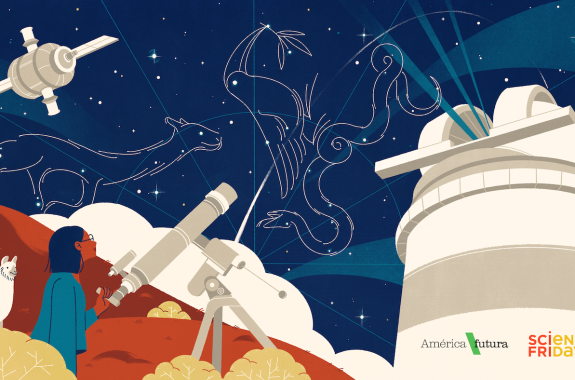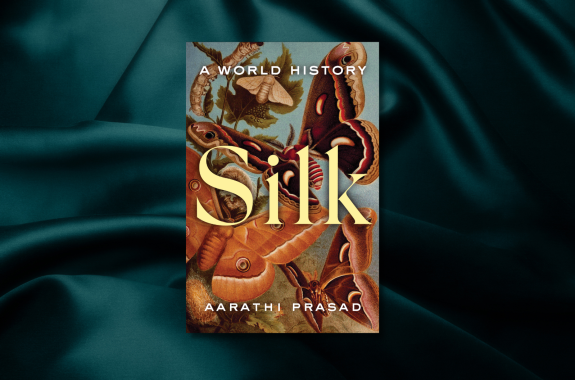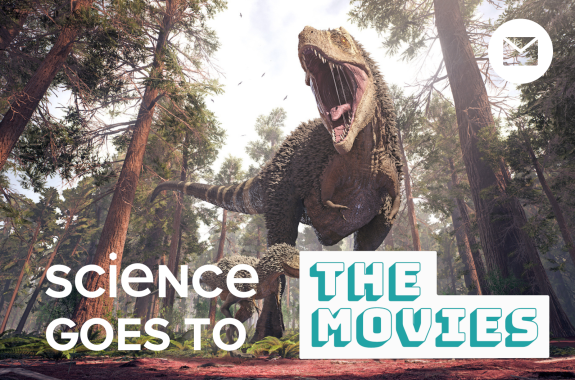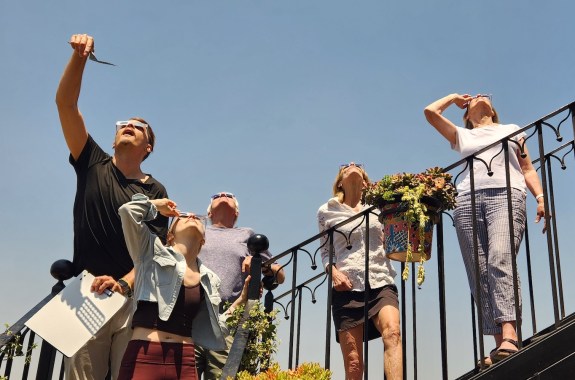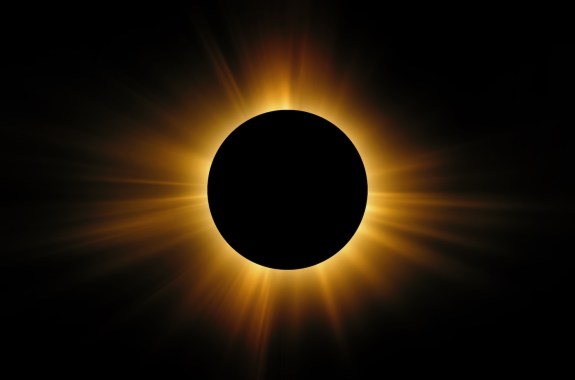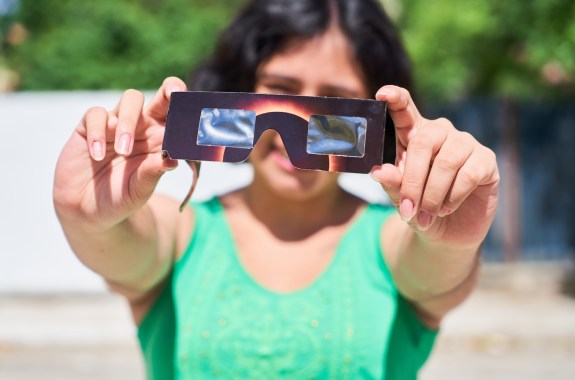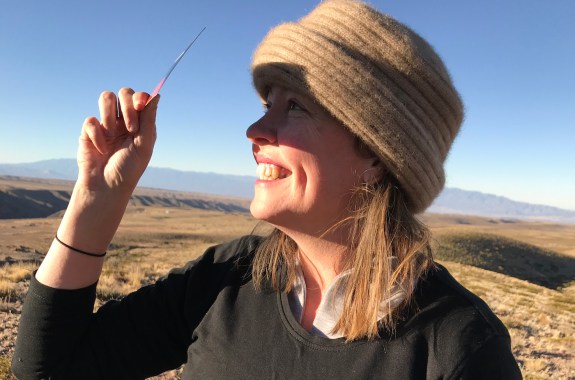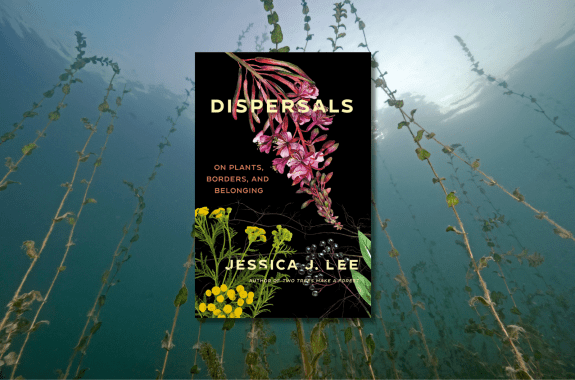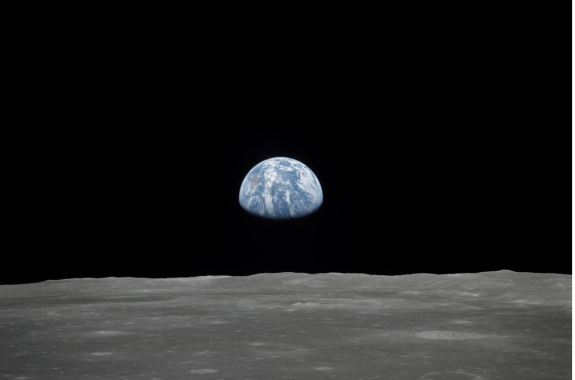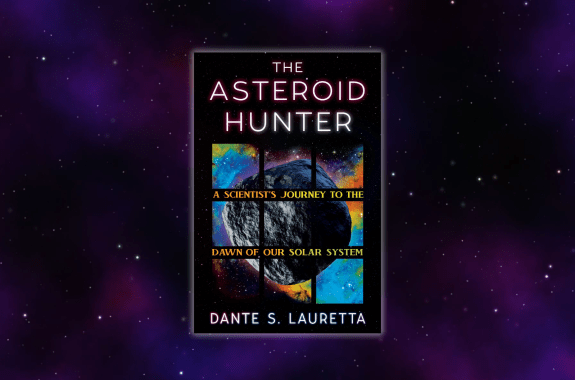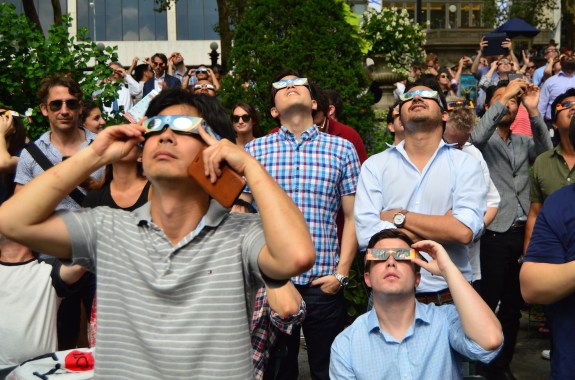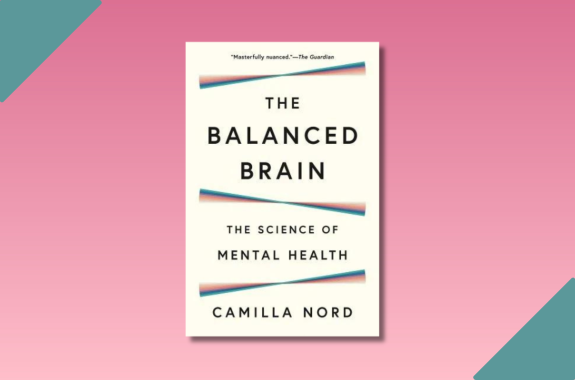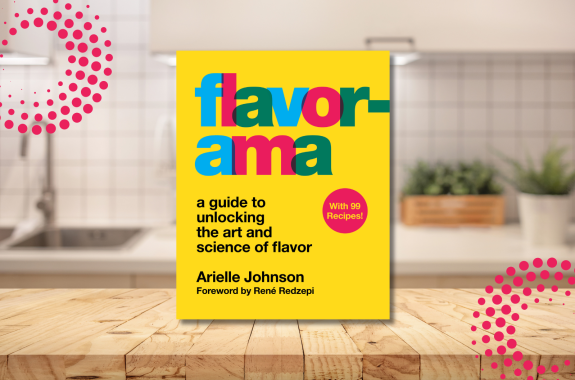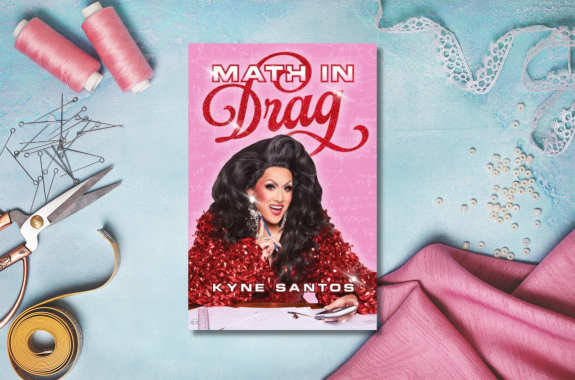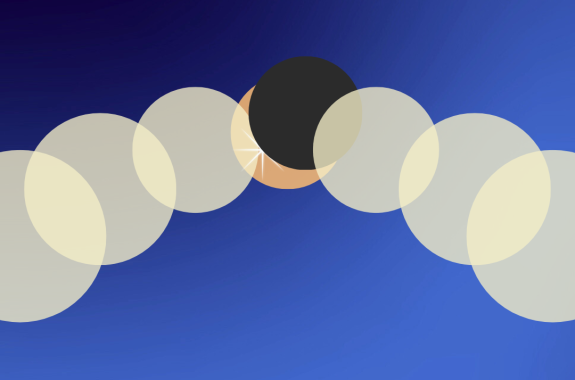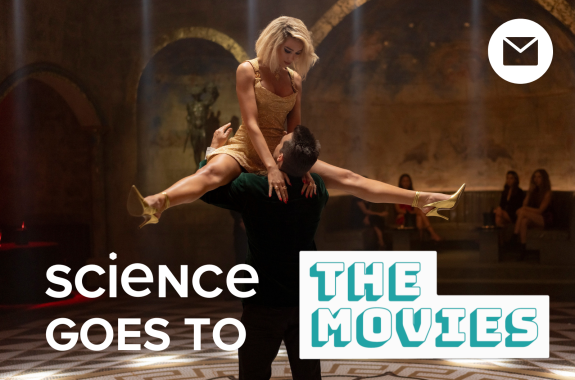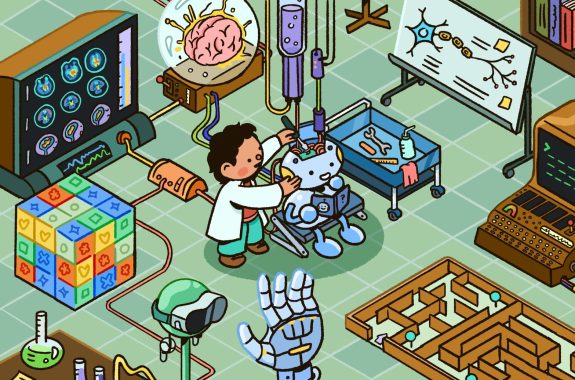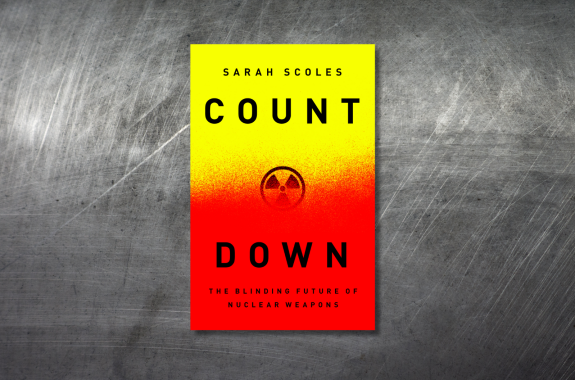Articles
Science Friday is your trusted source for news and entertaining stories about science.
Sign Up For ‘Astronomy: Made in Latin America’
Discover dark constellations, massive radio telescopes, and more in our newsletter on astronomy and space science from Latin America.
A Rare Double Brood Emergence Of Cicadas Has Begun
Two cicada broods on 13- and 17-year cycles coincide this spring, meaning trillions of buzzing insects across the South and Midwest.
Silk, The Ancient Material With High-Tech Possibilities
“Silk: A World History” describes the unique qualities of silk that make it a sustainable material with a wide variety of applications.
In ’65,’ Adam Driver Should Have Known
Would tech-savvy space explorers stranded on ancient Earth really be shocked to find dinosaurs?
Your Snapshots From The Solar Eclipse
The “mental snapshots” readers shared from the April 8 solar eclipse capture the joy, wonder, and surreality of the day.
Hackea tu cerebro: una aventura de escape y rompecabezas para niños
Desbloquea el poder del cerebro de un niño con este recurso gratis en línea de una aventura de escape, rompecabezas, y experimentos.
One Way To Preserve Your Eclipse Memory
Send yourself a “mental snapshot” of the eclipse so you can hold onto your experience of the cosmic event.
How Do Eclipse Glasses Actually Work?
A combination of materials that reflect and absorb light make it safe to look right at the sun.
A Short History Of Umbraphile Marvels And Mishaps
For some people, seeing an eclipse is a chance encounter. For umbraphiles, it’s a lifestyle. It doesn’t always work out.
Meet The Sago Pondweed, World Citizen
In “Dispersals,” the story of the sago pondweed helped the author imagine what it could mean to have roots that span continents.
Why Total Solar Eclipses Won’t Be Around Forever
It’s something of a cosmic accident that total solar eclipses happen at all. Over time, the moon’s widening orbit will make them impossible.
The Launch Of A 7-Year Asteroid Mission
In his book, the principal investigator of NASA’s OSIRIS-REx mission describes the frantic morning of final checks before the launch.
What Did Seeing An Eclipse Do For America?
Research from the 2017 total eclipse looked at how the awe of a natural phenomenon brought people closer together.
Neuroscience Can Explain Why We Get Hangry
In ‘The Balanced Brain,’ the overlap between the chemical signals for hunger and anger shows how emotions and bodily states are closely linked.
The Herbs And Molecules That Make Up Bitter Flavors
In ‘Flavorama,’ plants, scents, and science come together in a recipe for deliciously bitter walnut-amaro cake.
How Pi Can Help Sew A Costume
In “Math in Drag,” drag queen Kyne describes how understanding pi helps her sew together the perfect circle skirt.
Prepare For The April 2024 Eclipse With ‘Moon Mail’
Prepare for this year’s eclipse with solar science, umbraphile quests, and a plan to make a lasting memory.
Was The Nostalgic Music In ‘Argylle’ Crucial To The Plot?
In the energetic spy adventure, music helps a shy novelist remember who she actually is. There’s some science to how music triggers memories.
Hack Your Brain: Unlock The Science Of Your Mind
Unlock kids’ brain power with a free puzzles, exciting trivia, hands-on activities, and live experiences with experts!
Los Alamos And The Beginning Of Our Nuclear Age
In her new book, Sarah Scoles writes about how scientists grappled with the implications of nuclear weapons.
